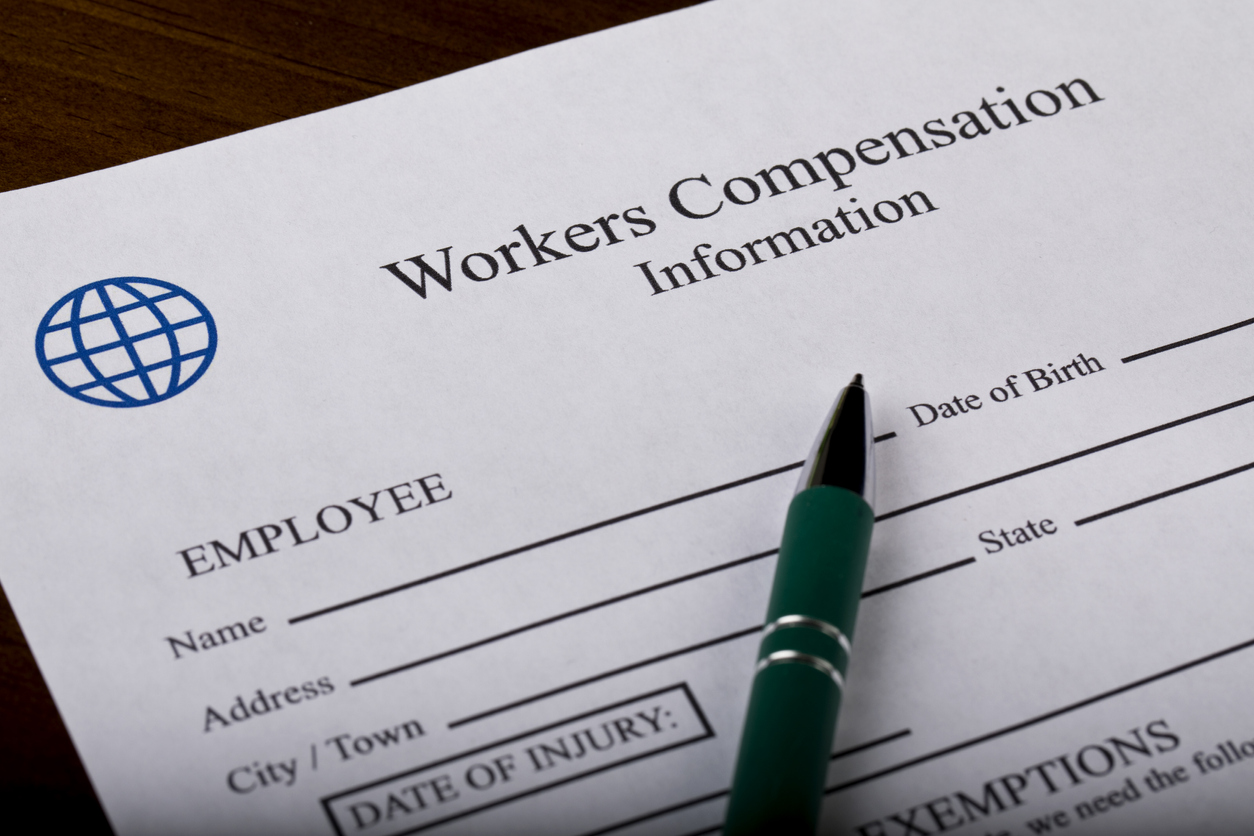
Workers’ comp can cover plenty of avenues if someone hurts themselves while on the job. Significantly, workers’ comp provides the necessary resources for employees to focus on recovery instead of worrying about their bills. As helpful as this insurance might be, it can get expensive, especially if your industry has high injury rates.
Cut Your Workers’ Comp Costs with These Tips
These five tips can reduce workers’ compensation costs, freeing up funds for other uses.
Choose the Right Workers’ Comp Policy
You should choose an effective policy that doesn’t break the bank. An agent can help you with the more technical side, such as selecting the correct class code. What you must do on your end is create a comprehensive list of your company’s needs.
For example, if your employees routinely work with heavy machinery, you need a policy that covers related injuries. Your choice of coverage also depends on how many employees you have and where you work. Corporations with locations in several states will require different policies than a small business with 25 people.
Finally, update your insurance annually. Changes to your processes can impact workplace hazards; if you don’t update your policy in tandem, you may have to pay the price out of your own pocket.
Prioritize Workplace Safety Training
The Occupational Safety and Health Administration (OSHA) reported that employees have the right to adequate training in a language they understand. OSHA states that businesses are legally required to provide safety training for all processes and equipment.
Of course, doing so also benefits companies. Staff with the proper knowledge and personal protective equipment are less likely to get hurt, which means fewer workers’ compensation claims.
Regular training may also lower your premiums. Moreover, it makes you less risky to insure. The longer you need to utilize your workers’ comp policy, the more discounts you may qualify for.
Have an Emergency Plan
The faster an injured person gets medical care, the better the outlook. However, employees may not know the best course of action in the middle of an emergency, leading to delays. An emergency plan provides clear directions:
- Who to call when someone gets hurt
- Where to access first aid supplies
- How to minimize damage by turning off machines, clearing the floor, etc.
Organize Your Records
Your insurance company will ask for specific documentation after you file a claim. Some records, such as medical diagnoses, may come from the employee, so keep your communication channels open. Organizing documents in one place can speed up the claims process since you don’t have to waste time tracking down a stray file. Access to all records also ensures you don’t miss any qualifying expenses.
Help Employees Transition Off Workers’ Comp
Every business wants to know how to reduce workers’ comp expenses with shortcuts, but the truth is, the best way is to support injured workers. When employees have their medical bills paid and don’t worry about losing income, they can take the time to heal. Returning to work too early can cause further (even permanent) harm.
Many employees can benefit from a transition period between workers’ comp leave and a full return to work. Part-time hours and remote work are excellent options, but asking employees what they need is the best approach.
About Haughn & Associates
Founded by Michael Haughn in 1986, Haughn & Associates is a full-service, family-owned, independent insurance agency based out of Dublin, Ohio. H&A strives to provide the best possible price and unique insurance solutions across a myriad of industries, including construction, IT, Habitation & Commercial Property, Agriculture, and Engineering. Devoted to providing the best of business insurance, life and disability insurance, personal insurance, employee benefits, and bonds, H&A is proof that success lies in long-standing client relations and satisfaction. To learn more about how H&A can be of service to you, contact us at (877) 802-2278.

